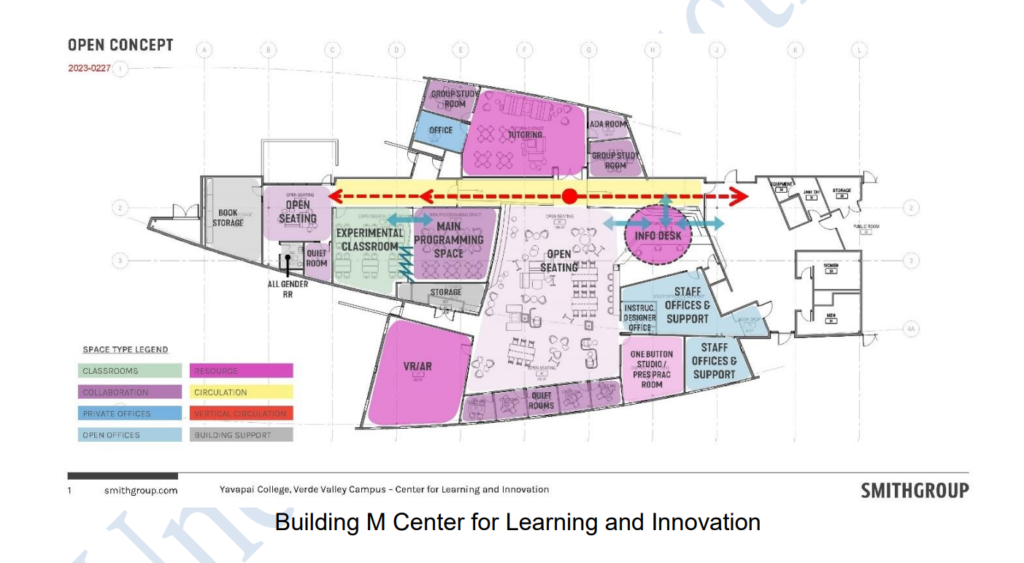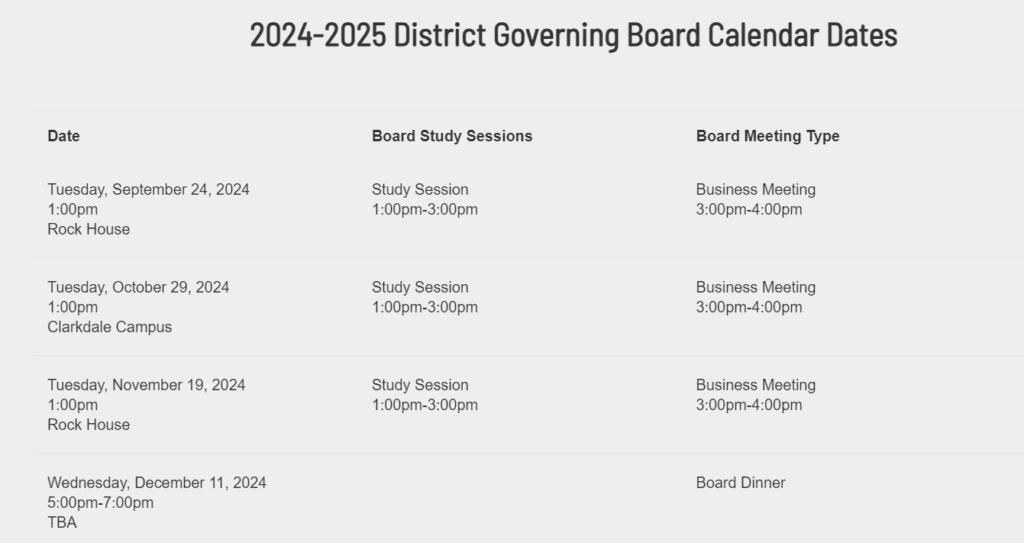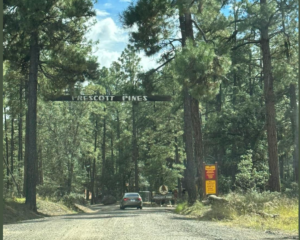Second major renovation in about a decade; former library transformed into digital driven Center for Learning and Innovation
 After about two years, the renovation of Building “M” on the Verde Valley Campus is complete. There will be a ceremony August 13 recognizing the renovation. This ceremony follows on the heels of the successful August 8 open house.
After about two years, the renovation of Building “M” on the Verde Valley Campus is complete. There will be a ceremony August 13 recognizing the renovation. This ceremony follows on the heels of the successful August 8 open house.
Personnel were expected to begin moving back into the newly refurbished premises throughout June and July, in readiness for the upcoming fall 2024 semester. The last major renovation of Building “M” took place during the 2011-12 academic year.
The Community College describes the revamped facility will boast state-of-the-art digital technology aimed at enriching the student experience “through accessible content.” Additionally, it will offer contemporary learning spaces, study rooms, and student support services akin to those provided at the current Learning Center.
In a move approved by the Community College District Governing Board, approximately $3.1 million was allocated for the renovation of Building “M” in May 2022. The structure is being rebranded as the “Center for Learning and Innovation.”
It is noteworthy that the Yavapai Community College District Governing Board approved spending at least $15.3 million in May 2023 for a more expansive facility, somewhat resembling the Verde Valley Center for Learning and Innovation in Building “M”, on the Prescott Campus. Renovation of Building 19 on the Prescott Campus is currently underway.
 The Yavapai Community College District Governing Board has announced its fall schedule. Its first business meeting is set for September 24, which is almost four months since it last met on May 21. Two of the fall meetings are scheduled at the Prescott Campus Rock House while one will be held on the Clarkdale Campus.
The Yavapai Community College District Governing Board has announced its fall schedule. Its first business meeting is set for September 24, which is almost four months since it last met on May 21. Two of the fall meetings are scheduled at the Prescott Campus Rock House while one will be held on the Clarkdale Campus.
 Yavapai Community College is promoting the 41 acre Pines Camp it purchased in May as a tranquil setting surrounded by the scenic Prescott National Forest. The camp boasts ample trails for hiking and mountain biking, a gorgeous pool, Goldwater Lake is just half a mile away, and other amenities.
Yavapai Community College is promoting the 41 acre Pines Camp it purchased in May as a tranquil setting surrounded by the scenic Prescott National Forest. The camp boasts ample trails for hiking and mountain biking, a gorgeous pool, Goldwater Lake is just half a mile away, and other amenities.

 On July 25 Yavapai Community College awarded 16 Emergency Medical Service certificates to students as they completed the rigorous Paramedic Training Program. “You have chosen a path that demands courage, resilience, and an unwavering commitment to serving others,” Yavapai College Community College EMS Program Director Alexander Lewis said in addressing the paramedics. “I have no doubt that you will rise to meet these demands and make us all proud.”
On July 25 Yavapai Community College awarded 16 Emergency Medical Service certificates to students as they completed the rigorous Paramedic Training Program. “You have chosen a path that demands courage, resilience, and an unwavering commitment to serving others,” Yavapai College Community College EMS Program Director Alexander Lewis said in addressing the paramedics. “I have no doubt that you will rise to meet these demands and make us all proud.”
 Yavapai Community College is launching a rental program for staff and students at the 41-acre Prescott Pines camp. The college has invested at least $11 million so far in total in this project since its purchase in Spring 2024.
Yavapai Community College is launching a rental program for staff and students at the 41-acre Prescott Pines camp. The college has invested at least $11 million so far in total in this project since its purchase in Spring 2024. Yavapai Community College is moving forward, apparently with MICTED sharing in the cost (although not entirely clear), in construction of a new culinary training facility on its Prescott Campus. This new project involves a major renovation of a portion of Building 4 and is expected to take six months. Demolition and construction were anticipated to begin in mid-July, 2024.
Yavapai Community College is moving forward, apparently with MICTED sharing in the cost (although not entirely clear), in construction of a new culinary training facility on its Prescott Campus. This new project involves a major renovation of a portion of Building 4 and is expected to take six months. Demolition and construction were anticipated to begin in mid-July, 2024.
 With this donation, every dollar contributed to the FEC through August 13 will be matched up to $25,000, effectively doubling the impact of any community member’s donation.
With this donation, every dollar contributed to the FEC through August 13 will be matched up to $25,000, effectively doubling the impact of any community member’s donation.

